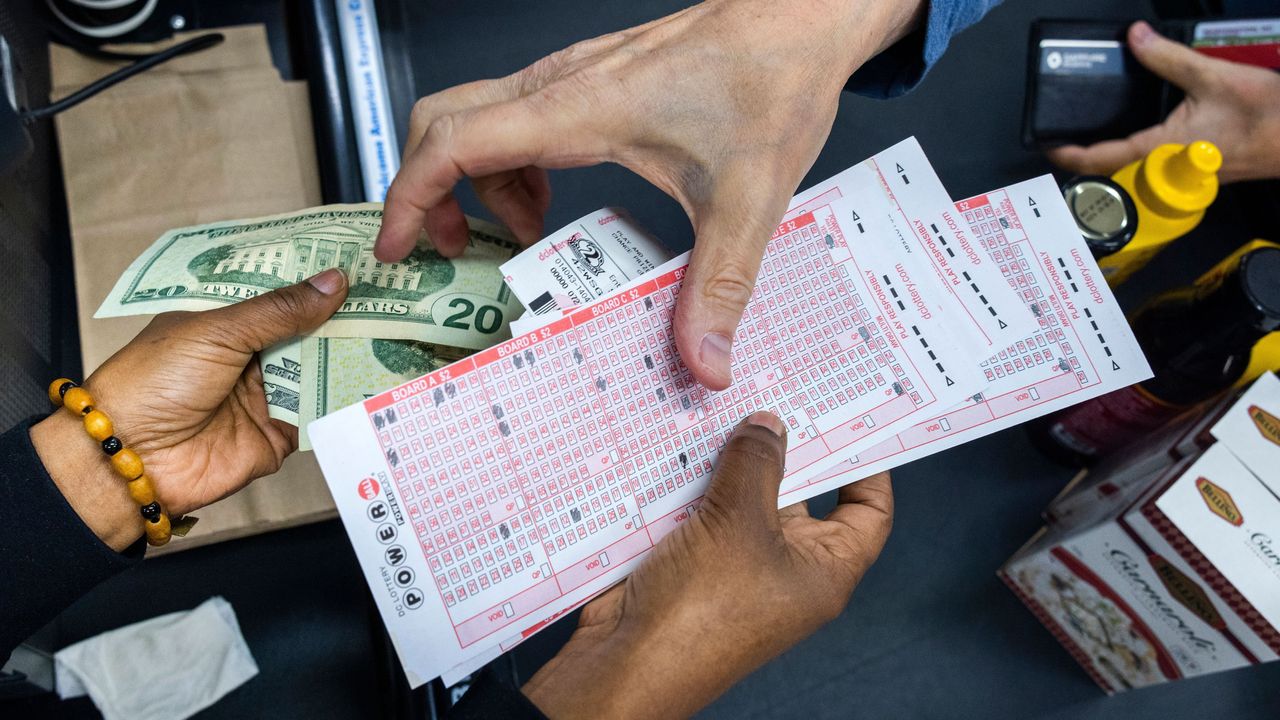Lottery gambling, a ubiquitous form of entertainment and speculation, offers a tantalizing promise: the chance to transform one’s life overnight. Yet, behind the glittering allure of multi-million dollar jackpots lies a complex landscape of psychology, economics, and ethics koi toto. This article delves into the intricacies of lottery gambling, exploring both its appeal and its darker sides.
The Allure of the Jackpot
Lottery gambling is a unique phenomenon in the world of gaming. Unlike casino games, where the odds are fixed and the house always wins in the long run, lotteries offer a singular prize that can be won by anyone with the right combination of luck and numbers. This singular focus on a life-changing jackpot is what draws millions of people to buy tickets week after week.
The allure of the jackpot is deeply psychological. It taps into our dreams of financial security, freedom from debt, and the ability to provide for loved ones. Research has shown that the promise of a large, immediate reward can override rational thinking, leading people to spend more on lottery tickets than they can afford.
The Economics of Hope
Lotteries are also an economic paradox. While they generate billions in revenue for governments and contribute to public goods like education and infrastructure, they disproportionately impact those who can least afford it. Studies have consistently shown that lottery ticket sales are highest in areas with lower income levels, as people in these communities see the lottery as their best chance at upward mobility.
Critics argue that lotteries function as a regressive tax, where those who can least afford it contribute the most. This raises ethical questions about the role of government in promoting and profiting from gambling, especially when it targets vulnerable populations.
The Dark Side of the Dream
For many, the dream of winning big can turn into a nightmare. Lottery winners often find themselves facing unexpected challenges, from managing sudden wealth to navigating relationships strained by jealousy and expectations. Studies have shown that a shocking number of lottery winners end up bankrupt within a few years of their windfall, a stark reminder that financial security is more than just a large bank account.
Furthermore, the gambling aspect of lotteries can lead to addictive behavior. The thrill of playing and the hope of winning can be as addictive as any substance, leading to financial ruin and strained relationships. Unlike regulated gambling activities, the sale of lottery tickets often goes unchecked and unregulated, making it easier for vulnerable individuals to fall into destructive habits.
Finding a Balance
Despite its risks, lottery gambling isn’t likely to disappear anytime soon. It provides crucial revenue for governments and remains a popular form of entertainment for millions. However, there are steps that can be taken to mitigate its negative effects.
Education about the odds and risks of playing, as well as providing support for those who develop gambling problems, can help ensure that lottery gambling remains a safe and enjoyable pastime for those who choose to participate. Additionally, increased regulation and oversight could help curb the more harmful aspects of lottery gambling, ensuring that it remains a responsible form of entertainment.


